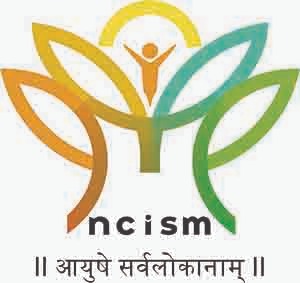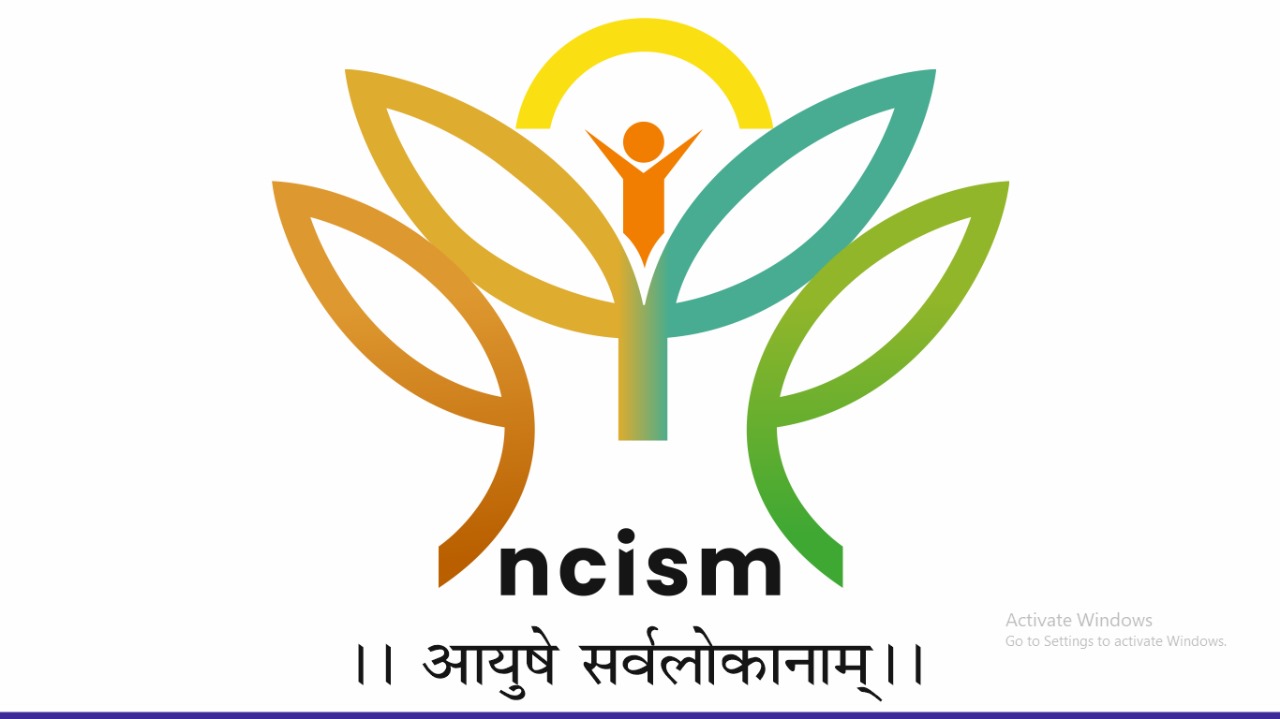About Unani
Unani-tibb or Unani Medicine also spelled Yunani Medicine (Arabic, Hindustani, Pashto and Persian) is a form of traditional medicine practiced in middle-east & south-Asian countries. It refers to a tradition of Graeco-Arabic medicine, which is based on the teachings of Greek physician Hippocrates and Roman physician Galen, and developed into an elaborate medical system in middle age era by Arabian and Persian physicians, such as Rhazes (al-Razi), Avicenna (Ibn Sena), Al-Zahrawi, and Ibn Nafis.
Unani medicine first arrived in India around 12th or 13th century with establishment of Delhi Sultanate (1206–1527) and Islamic rule over North India and subsequently flourished under Mughal Empire. An outstanding physician and scholar of Unani Medicine, Hakim Ajmal Khan (1868 – 1927) championed the cause of the Unani system in India. The Unani System of Medicine is included in the Central Council of Indian Medicine as per IMCC, Act 1970.
Copyright © 2021 NCISM. All Rights Reserved by NCISM

